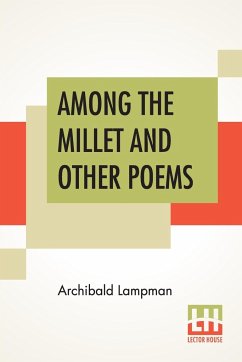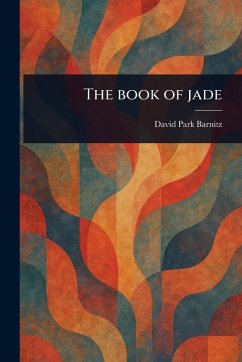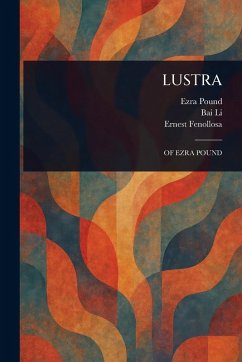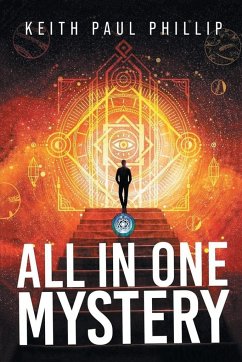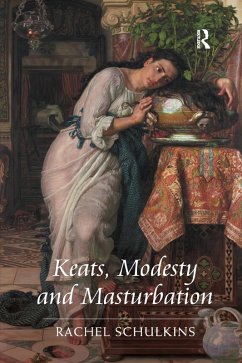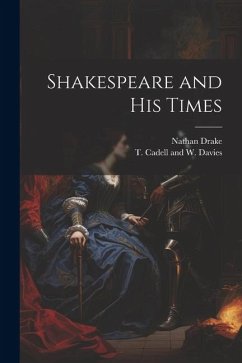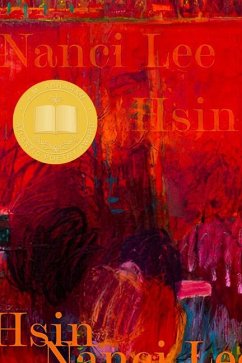Nicht lieferbar
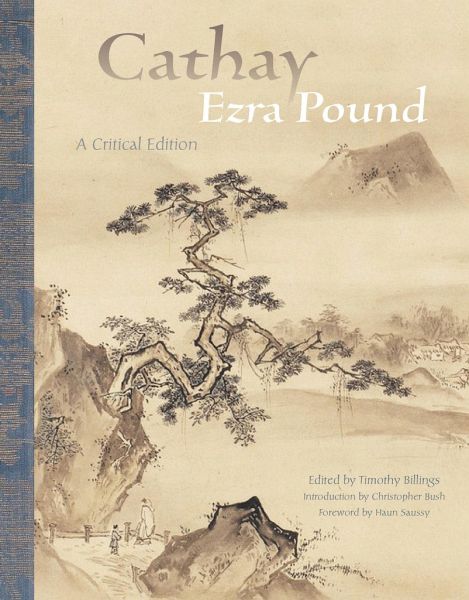
Cathay
A Critical Edition
Herausgeber: Billings, Timothy
Ezra Pound's Cathay (1915) is a masterpiece both of modernism and of world literature. The muscular precision of images that mark Pound's translations helped established a modern style for American writing, at the same time creating a thirst for classical Chinese poetry in English. Pound's dynamic free-verse translations in a modern idiom formed the basis for T.S. Eliot's famous claim that Pound was the "inventor of Chinese poetry for our time." Yet Pound achieved this feat without knowing any Chinese, relying instead on word-for-word "cribs" left by the Orientalist Ernest Fenollosa, whose not...
Ezra Pound's Cathay (1915) is a masterpiece both of modernism and of world literature. The muscular precision of images that mark Pound's translations helped established a modern style for American writing, at the same time creating a thirst for classical Chinese poetry in English. Pound's dynamic free-verse translations in a modern idiom formed the basis for T.S. Eliot's famous claim that Pound was the "inventor of Chinese poetry for our time." Yet Pound achieved this feat without knowing any Chinese, relying instead on word-for-word "cribs" left by the Orientalist Ernest Fenollosa, whose notebooks reveal a remarkable story of sustained cultural exchange. This fully annotated critical edition focuses on Pound's astonishing translations without forgetting that the original Chinese and Old English poems are masterpieces in their own right. By bringing Pound's final text together with the poems it claims to translate, as well as the manuscript traces of Pound's Japanese and American interlocutors, the volume also recovers practices of poetic circulation, resituating a Modernist classic as a work of world literature. The Pound texts and their intertexts are presented with care, clarity, and visual elegance. In addition to the Chinese poems of Cathay, the volume also includes that book's additional poem, Pound's famous translation of "The Seafarer" from Anglo-Saxon, as well as fifteen further Pound translations from Chinese and his essay "Chinese Poetry." The edition also supplies exhaustive historical, critical, and textual notes, clarifying points that have sometimes lent obscurity to Pound's poems and making the process of translation visible even for readers with no knowledge of Chinese. This landmark edition will forever change how readers view Pound's "Chinese" poems. In addition to discoveries that permanently alter the scholarly record and force us to revise a number of critical commonplaces, the critical apparatus allows fresh discoveries by making available the specific networks through which poetic expression moved among hands, languages, and media in a multiply authored and intrinsically hybrid masterpiece. Ezra Pound (1884-1972) was a leading Modernist poet and the driving force behind Imagism and Vorticism. Timothy Billings is Professor of English and American Literatures at Middlebury College. Christopher Bush is Associate Professor of French and Comparative Literature at Northwestern University. Haun Saussy is University Professor of Comparative Literature at the University of Chicago. Billings, Bush, and Saussy shared the Aldo and Jean Scaglione Prize for Literary Translation in 2007 for their edition of Victor Segalen's Stèles / ¿¿¿¿. "A miracle of poetic reincarnation, Ezra Pound's Cathay finally gets a comprehensive and thorough treatment in this critical edition. A marvel of scholarship that will be required reading for all students of poetry."-Yunte Huang, Editor of The Big Red Book of Modern Chinese Literature "A feat of archival scholarship and patient deciphering. Cathay emerges from this critical edition not as the work of a single man, but as a multiply authored enterprise, animated by the erudition of Japanese professors Mori Kainan and Ariga Nagao; the notes of Ernest Fenollosa; and the chutzpah of a young Ezra Pound. Pairing Pound's compositions with the cribs he used and the Chinese originals he couldn't read, Timothy Billings makes available, for the first time, the layer upon layer of mediation that went into this collective masterpiece, tracing a conversational arc that extends from the Bronze Age to the twentieth century."-Wai Chee Dimock, Yale University "This is an extraordinary book. Not just because of Pound's poetry, whose verbal force still resonates with us today, but because, as an edition, it puts us face to face with the possibility of an interpretation that knows everything it needs to know. This is a book for teaching, for learning, and finally, for reading for pleasure-the pleasure of the poems, yes, and the pleasure of seeing in the poems the complex linguistic and conceptual histories, and accidents, that made them what they are today."-Eric Hayot, Pennsylvania State University "An astounding work of scholarship that lays to rest at long last the myths and muddles surrounding Ezra Pound's 'Chinese' poems. Billings's painstaking erudition brilliantly illuminates just how collective poetic creation can be. Of great relevance to students of modern poetry and to all those with interests in transmission, translation studies, and cultural appropriation. I cannot recommend this beautifully published book too highly."-David Bellos, Princeton University "If Pound's translations are in many respects mistaken, they are among the most generative mistakes in world literary history."-Christopher Bush, from the Introduction






